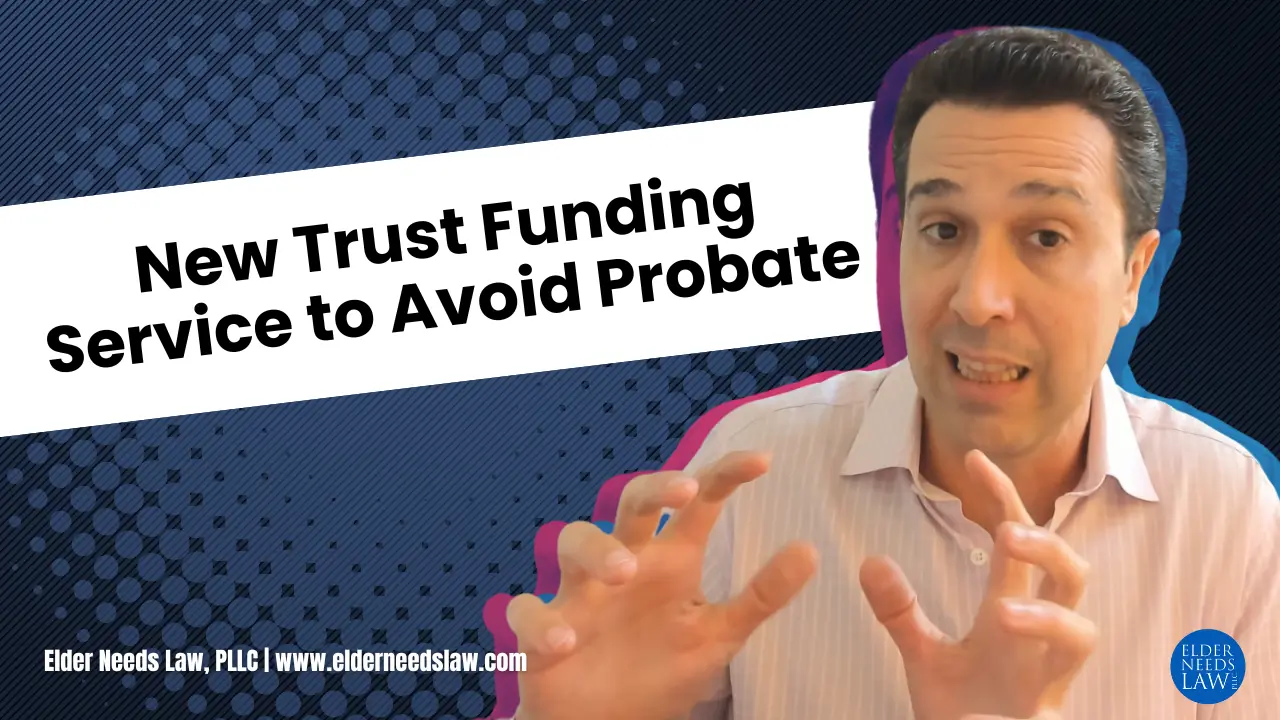How Long Do Creditors Have to File a Claim Against an Estate in Florida?

As executor (personal representative) of a Florida estate, you suddenly have a lot more to manage beyond grieving the loss. The deceased may have also left behind piles of unpaid bills - credit cards, medical expenses, unfinished loans. You likely just want to settle the debts and move forward. But in Florida, you can't just pay off the deceased's creditors and close the book.
But,
- You don’t want to pay the creditors unless legally required to do so
- You don’t want to pay the wrong creditors when some take priority over others
- You don’t want to be accused of mismanaging funds after someone has passed away.
Strict processes must be followed, or you could reopen the estate to legal claims for years to come. This includes properly notifying all creditors and imposing tight deadlines for them to file claims. Miss a notice or deadline, and you leave the estate vulnerable.
At Elder Needs Law, we get it - wading through Florida probate law is the last thing you want to tackle while mourning a loved one. We guide executors / personal representatives through the required creditor notification and claims process. This ensures every creditor gets a fair warning and a chance to file while still closing the door firmly once deadlines pass.
Knowledge is power when navigating this complex process. Let us walk you through the key timeframes creditors must adhere to under Florida law. We'll keep you on solid legal ground so you can gain closure and move forward. Just call our office to start the conversation - our attorneys are ready to help.
Notifying Creditors and Starting the Clock
The first step is for the executor to publish a “Notice to Creditors” in a local newspaper. This puts general creditors on notice that they may have a claim against the estate. The notice triggers a 3-month window for creditors to file their claims from the date of first publication.
In addition to the published notice, Florida law requires the executor to serve direct, written notice to any known or reasonably ascertainable creditors. This could include banks, mortgage companies, credit cards, medical providers, etc. For those creditors who receive actual notice, the deadline to file claims is only 30 days from the date the notice was served.
Properly serving notices is crucial because the deadlines creditors must meet to file claims depend on whether they received actual or published notice. Valid claims not filed in time can be barred forever.
The Clock is Ticking: Deadlines for Filing Claims
For creditors who received direct, written notice: These creditors have the shortest window—just 30 days from the date the notice was served to submit a claim against the estate.
For creditors who only received notice via publication: These creditors have up to 3 months from the date of first publication to file a claim.
For known or reasonably ascertainable creditors who did not receive any notice: These creditors have up to 2 years after the date of death to file claims. This protects creditors whom an executor should have directly notified but didn’t.
Florida probate laws include these varying deadlines to balance the rights of creditors and heirs. Creditors who don’t receive actual notice have more time to learn of the death and make their claims.
Consequences for Missing the Deadline
If a creditor fails to file a claim within the applicable window, the claim can be permanently barred. This is true even if the creditor later learns of the death or the executor acknowledges that a valid debt is owed.
For example, say a creditor only receives notice by publication and misses the 3-month deadline. Even if the executor / PR later admits to the creditor that the debt is legitimate, the claim cannot be enforced if the window has closed.
There are limited exceptions. A claim may still be valid if the creditor can prove the deadline was insufficient to allow filing or there was inadequate notice. However creditors should not rely on exceptions and act promptly within the applicable timeframe.
Tips for Executors to Avoid Issues
To protect estates from late claims, personal representatives should:
- Conduct due diligence to identify all known and reasonably ascertainable creditors. Use the deceased’s financial records to build a complete list.
- Serve timely, written notice on these creditors along with a copy of the publication notice. Send notice via certified mail or personal service and document the date. This should be done under the supervision of an experienced Florida probate attorney.
- Consult a probate attorney if there are debts you cannot ascertain or have questions about notice requirements. It’s better to be over-inclusive with notifications.
- Carefully track response deadlines for creditors who received direct notice. Follow up if a creditor seems to have missed the 30-day window.
- Avoid making any statements to creditors that debts will be paid without checking if claims were submitted on time.
- Seek guidance on exceptions or extensions to claim deadlines. Most creditors will lose the right to payment if filing is even one day late.
Handling creditor claims is just one piece of administering an estate. If you need guidance on the notice and claims process in Florida, reach out to our attorneys. We have extensive experience helping executors and families through probate while protecting their rights and minimizing creditor issues.
Don’t leave it to chance—contact us today to start a consultation.







